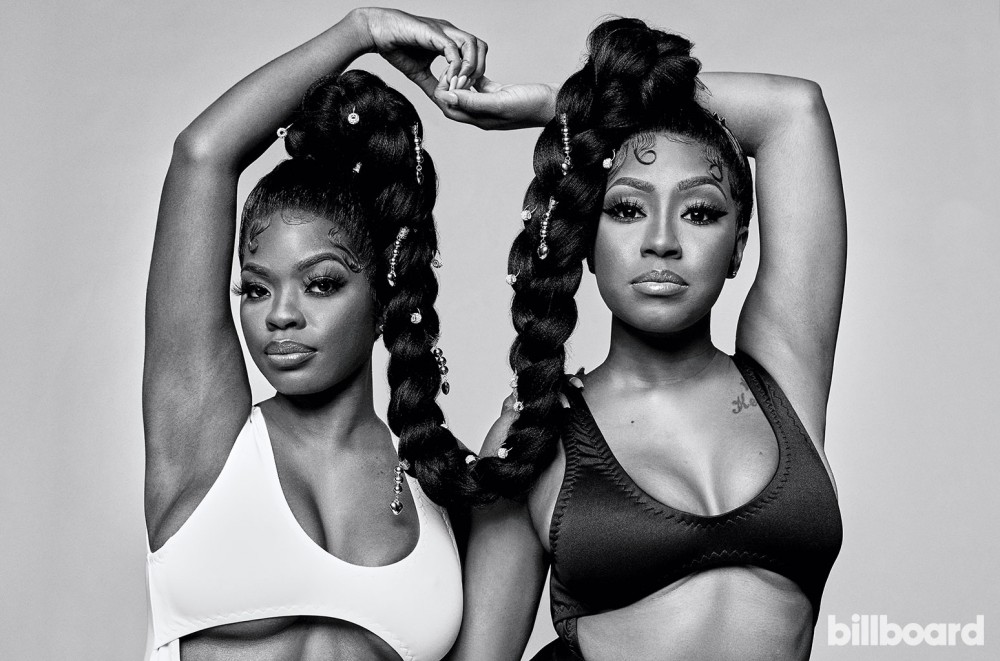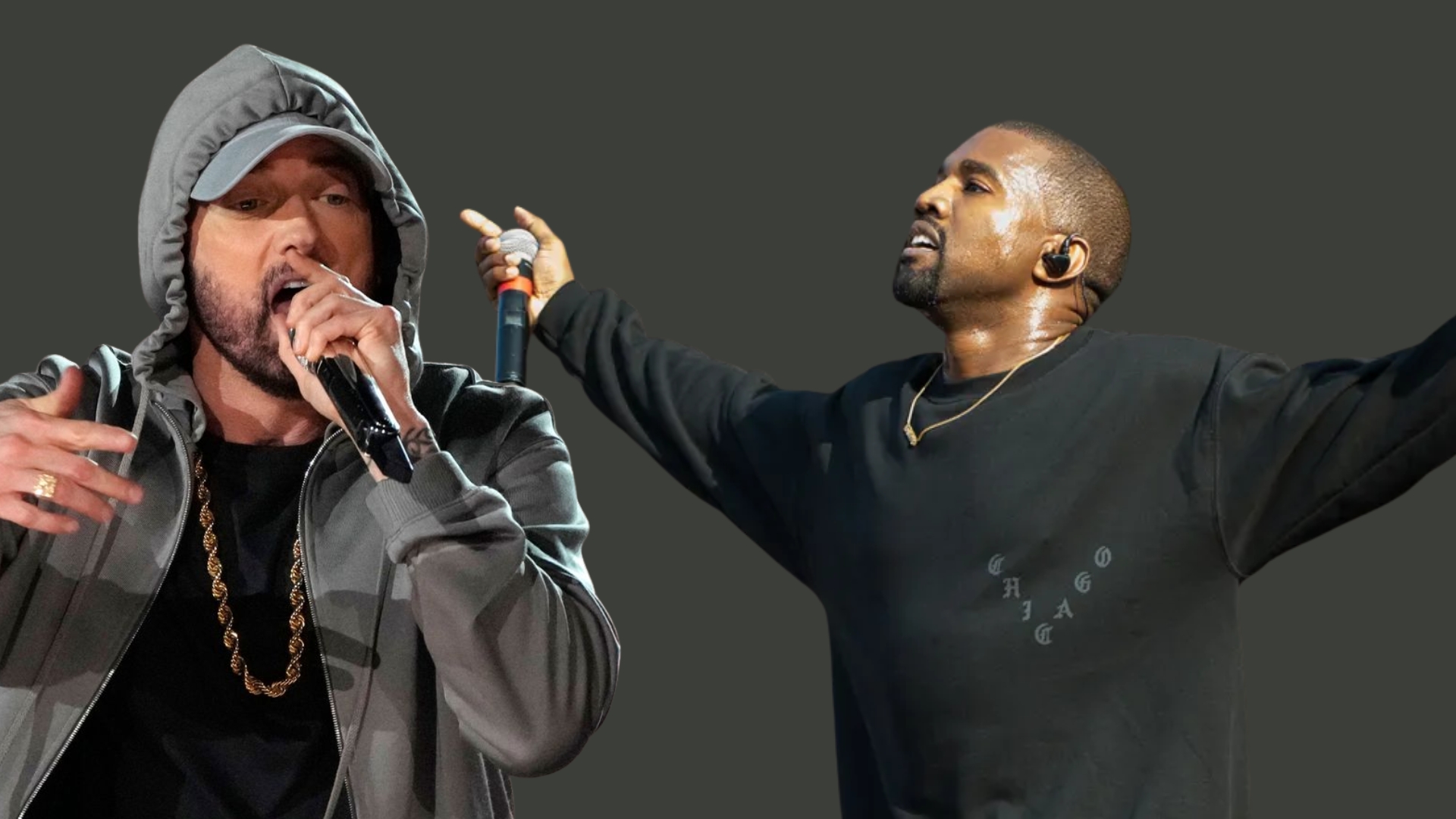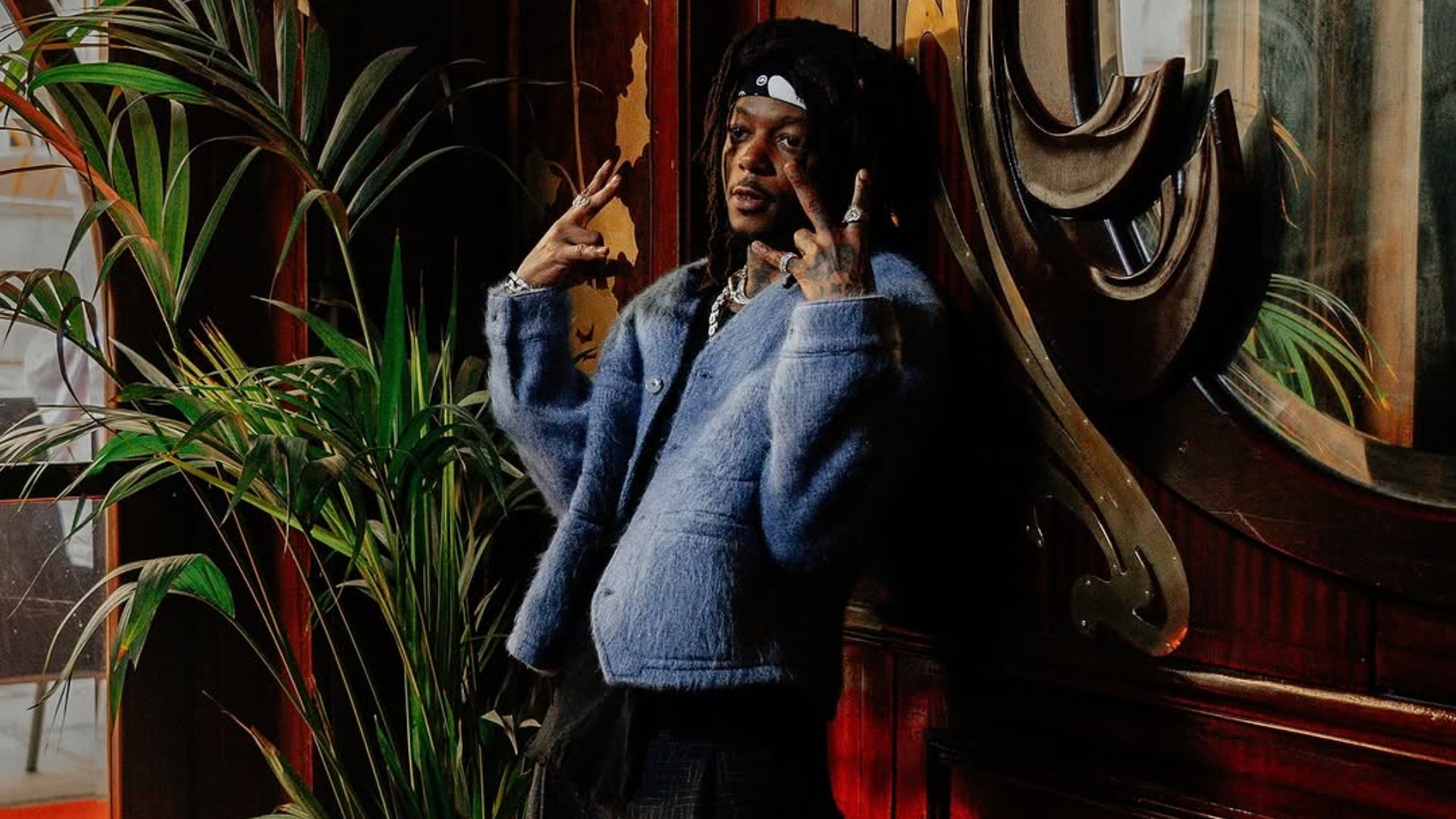In the midst of the Hot Girl Summer of 2019, Jermaine Dupri heated things up a bit further when, in a television interview, he described Cardi B, Megan Thee Stallion, and Nicki Minaj as "strippers rapping." "As far as rap goes," he continued, "I'm not getting who's the best."
Needless to say, his comments didn’t sit well with women MCs, least of all Cardi B. "First of all, I rap about my p—y because she's my best friend," she posted on Instagram. "And second of all, it's because it seems like that's what people want to hear." In a two-part video on the platform, she shouted out some of the women killing the game right now — Tierra Whack, Chika, Kamaiyah, Rapsody — and called on radio DJs, bloggers, and journalists to show them more love. "These girls can rap they asses off," she said. "So don't blame that on us when y'all not the ones who are supporting them."
This may have seemed like the beef of the week at the time, but Cardi and Jermaine's comments revealed a perennial issue: the reductive ways in which a male-dominated genre has long viewed and marketed female rappers, when a multiplicity of ways to "do" MCing as a woman — a long tradition of delivering dope rhymes through myriad styles — exist. Some reach Hot 100 success. Others do not. But women MCs do share one thing in common: whether consciously or not, they craft stories through a "womanist" perspective.
In her 1983 collection In Search of Our Mother’s Gardens the Pulitzer-winning novelist Alice Walker describes the social philosophy of “womanism,” detailing that “womanist is to feminist what purple is to lavender.” Her goal, when she first coined the concept in 1979, was to make a linguistic and conceptual distinction from traditional feminism, at a time — post-desegregation — when the first seeds of hip-hop culture were planted and when many black women were dealing with the brunt of socioeconomic duress, racial discrimination, gender oppression, and generational breakdowns in the black family.
At that point, feminism’s focus on gender equality (but, still, a solid family core) primarily appealed to the needs of middle- to upper-class white women, and offered little room to address racial politics and their impact on black women. A womanist on the other hand — according to Walker and others who have developed the framework over many years — is, to begin with, a “black feminist or feminist of color." More specifically, she is concerned with gender equality, but she balances this concern with those related to race, class, sexuality, and the generational traumas unique to her experience in the black community. The womanist is female-centered, but culturally oriented towards knowledge of self; community-centered, and loves women equally to men, sexually and non-sexually; and she appreciates the culture, strength, roundness, and “emotional flexibility of other women” and men, in the face of racial oppression and economic struggle.
Within the broader idea of womanism, a new perspective called “ratchet womanism” has emerged. “Ratchet” has its roots in Louisiana. Anthony Mandingo’s “Do the Ratchet” (1999) and Lil Boosie’s 2004 remix popularized the term to evoke joy and fun in song and dance, and ultimately it became a term used by the black southern community to resist respectability norms. Walker, who is originally from south Georgia, offered a prelude to the ratchet womanist identity in 1979 when she described its characteristics as exhibiting “willful, courageous, and outrageous behavior that is considered to be beyond the scope of societal norms.” Ratchet womanism, then, encourages women and girls of color to stand out no matter where they are from — to resist any policing or judgment of the ways in which pleasure, pain, and hustle are expressed.
Consider as an example Queen Latifah’s “Ladies First," arguably hip-hop’s first womanist anthem. Listen to MC Lyte’s “I Cram to Understand U,” a love letter to her beau who fell victim to crack-cocaine during the drug war. Think of Beyoncé’s verse on “BLACK EFFECT” when she raps, “I pull up like the Freedom Riders, hop out on Rodeo. Stunt with your curls, your lips, Sarah Baartman hips.” Through the lens of ratchet womanism, there is room for the fast-paced lyrical boasting of MC Sha-Rock and the high-pitched assaults of Roxanne Shante. The New Orleanian trap rap of Mia X can co-exist with the rugged rawness of gangsta rap’s Lady of Rage, the magnetic sing-rapping of Lauryn Hill with the bad-bitch demands of Miami’s Trina. All reveal a spectrum of intersectionalities that women MCs expreHow ss across geographic region, sexual identity, and linguistic diversity. And City Girls is the latest act to put their spin on ratchet womanism.
Caresha “Yung Miami” Brownlee and Jata “JT” Johnson are two under-30 women from Miami’s Opa-locka and Liberty City neighborhoods. In just a couple of years, they’ve amassed a generation of followers through features and releases that encourage young women to boss up on opportunities and embrace the power of their sexuality in an ecosystem dominated by men. Just listen to “Where the Bag At” — a raunchy, rebellious anthem that sardonically reinforces the lesson that a man is still required to financially complement a woman who has her own money, house, and car.
With their lyrical focus on sex and money, it would be easy to passively categorize City Girls as Dupri did Cardi B and Megan. But that would entirely discount how their ratchet womanist perspective — balanced by their unfailing sense of sisterhood — sets them up to be a landmark, multifaceted group in the long history of women MCs. It’s been 30 years since Salt-N-Pepa did something similar — 30 years! I’m hopeful that as the culture moves into a new decade, women MCs like them will gain more opportunities to enjoy their careers in ways that elevate other women — and allow them to express themselves without penalty.
Joycelyn Wilson is an anthropologist of hip hop and Black maker culture in the Ivan Allen College at the Georgia Institute of Technology. Follow her on Twitter @iamdrjoycelyn.


